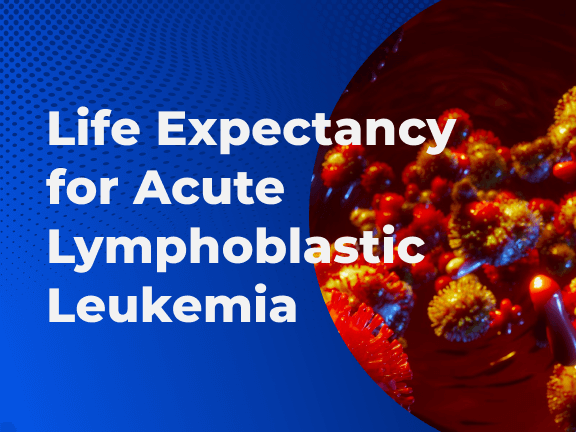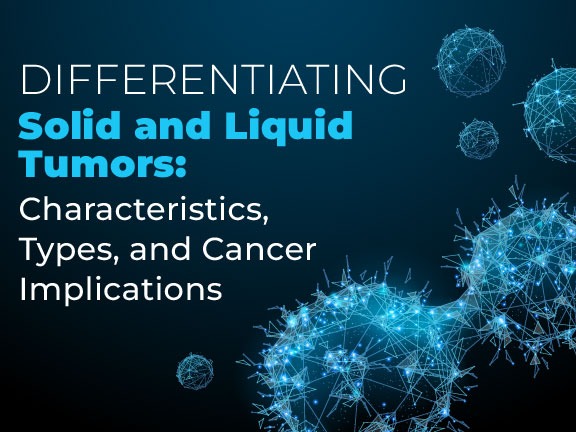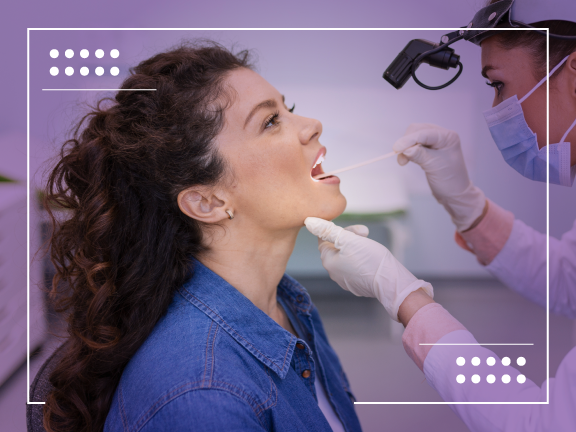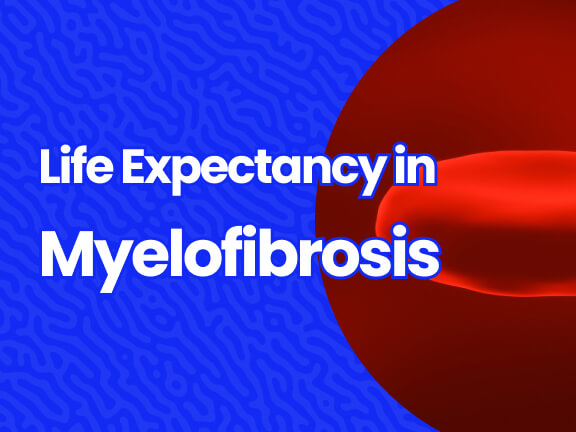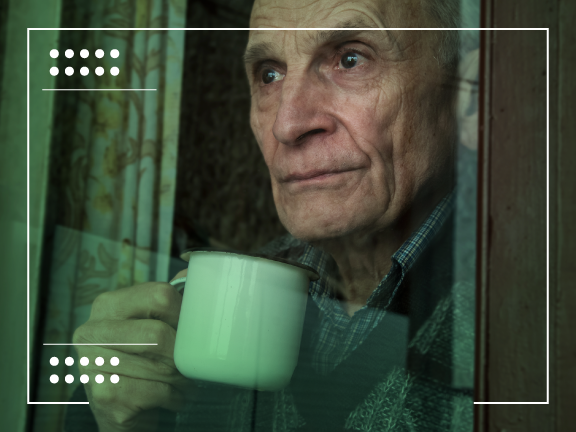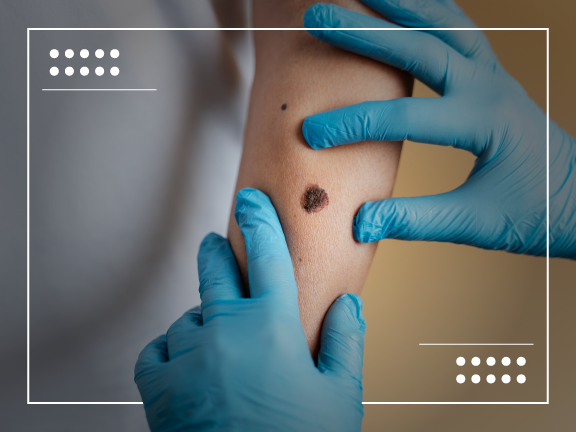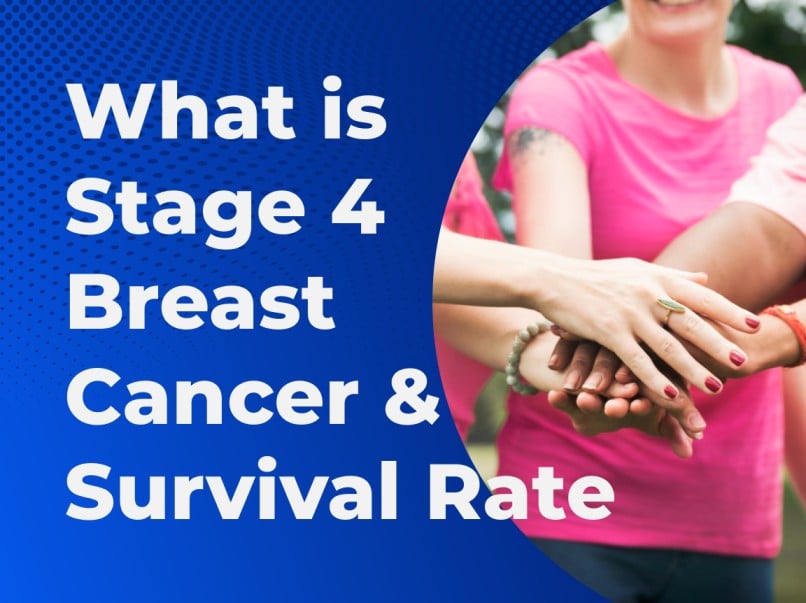What is Kidney-Renal Cancer?
Kidney cancer begins in the kidneys which are located behind the abdominal organs. Renal cell carcinoma makes up a majority of kidney cancers, but there are other less common types. The Five-year survival rate for kidney-renal cancer patients is 75%. It is the 8th most common cancer type among new cases for 2019. Renal cancer is more common in men than women.
Subtypes other than renal cell carcinoma include:
- Urothelial carcinoma
- Sarcoma (Rare)
- Wilms tumor (Most common in pediatric cases)
The number of Kidney Cancer cases have increased dramatically since the year 1975. There were 7.1 per 100,000 people in the United States with Kidney Cancer. Today, that number has more than doubled to 15.4 cases per 100,000 people.
Kidney-Renal Cancer Symptoms
In early stages of kidney-renal cancer, there often are no symptoms. However, in some early stage cases and often in advanced cases, patients may experience:
- Persistent pain in the back and/or side
- Fatigue
- Urination discoloring
- Weight loss due to appetite loss
- Headache and fever
What Causes Kidney-Renal Cancer?
Doctors are unsure of the exact cause of kidney cancer. The cancer develops when a cell’s DNA is mutated, and overproduction leads to cells rapidly dividing and reproducing. Gene mutations can be inherited from family members or developed during one’s lifetime.
Kidney-Renal Cancer Risk Factors
Some risk factors for Kidney Cancer include smoking, obesity, high blood pressure, and family history. Genetic testing can be done for those who have or had relatives with kidney cancer to determine if you have a higher risk of developing cancer. Diseases such as von Hippel-Lindau (VHL) syndrome can also put patients at risk of developing kidney cancer. Other risk factors include:
- Obesity
- Smoking
- Older age
- Treat kidney failure
- High blood pressure
Kidney-Renal Cancer Prevention
There is no way of guaranteeing someone will not develop kidney-renal cancer at some point in their lifetime. However, there are several steps you can take to minimize your risk. Those steps include:
- Avoid smoking, or quit if you’ve already started
- Eat a balanced diet to maintain a healthy weight
- Monitor and control your high blood pressure
Kidney-Renal Cancer Treatment
The treatment option you should move forward with depends on several factors including overall health, stage of the disease, and the disease subtype. Common treatment methods for Kidney (Renal) Cancer:
- Active surveillance
- Surgery (Includes radical nephrectomy, partial nephrectomy, and Laparoscopic surgery)
- Radiofrequency ablation
- Cryoablation
- Immunotherapy
- Targeted therapy
- Radiation therapy
- Chemotherapy
- Clinical trials
Kidney-Renal Cancer Clinical Trials
There are approximately 1,780 clinical trials for kidney-renal cancer that are recruiting patients in the United States. With such an extensive list, many of them could be beneficial for you. Our team of oncology nurses and our artificial intelligence based clinical trial matching system will find the best option for you.
With just a few clicks, you can see your clinical trial matches now. Click here to use our advanced clinical trial match tool.
How Do We Help Kidney-Renal Cancer Patients?
Massive Bio offers an independent cancer treatment analysis as well as clinical trial matching for kidney cancer patients. Our patient relations coordinators work closely with patients to gather information on their current medical status, and then will provide a list of options from available cancer clinical trials close to your home.
We can also provide a comprehensive case analysis through our Virtual Tumor Board from cancer specialists. The Virtual Tumor Board (VTB) is comprised of highly specialized oncologists from nationally-recognized Cancer Centers of Excellence. In just 7-10 days after receiving your medical records, we can get you a treatment plan without having to travel far distances and use your valuable time.
Source:




